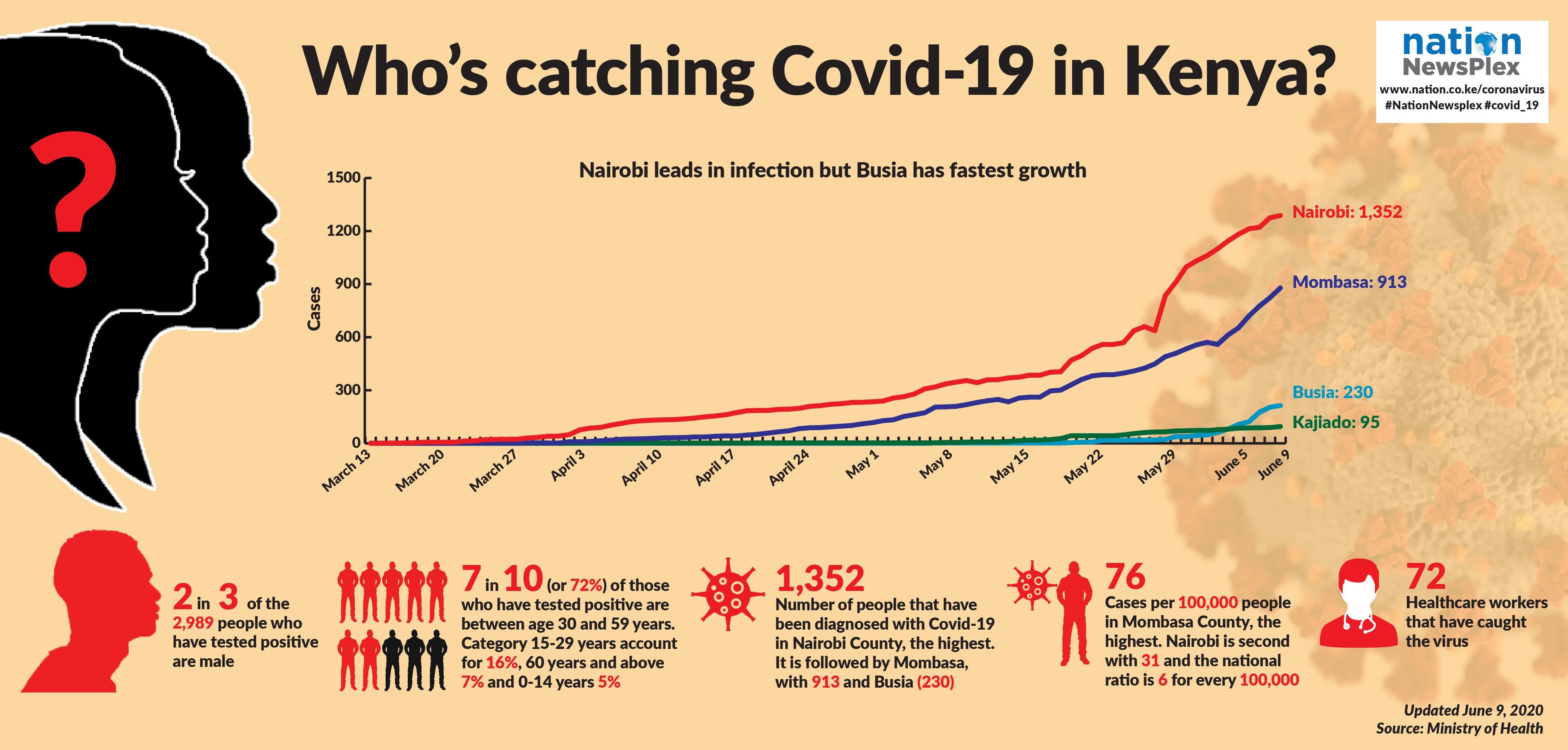Fast-growing security opportunities draw big and small companies
What you need to know:
- Olive Group is one of several global security companies that have found a niche in this country.
- “All security engineering systems, I can install,” he says confidently. “I can do all those electrical fencing, CCTV, access control and all that."
- They revolve around the powers of private security guards to arrest suspects, cooperation between government and private security agencies, the presence of too many government representatives on the board of control that can issue or revoke licenses, and the severity of fines for companies caught in various infractions.
The rise of terrorism has led to increased business opportunities for both local and international companies, an investigation by Nation Newsplex shows.
In addition to small businesses that provide services for individual and businesses, multinational companies have set up in the country, eyeing security contracts for large-scale infrastructure, including ports and oil and gas operations.
Rob Andrew, a former colonel in the British Army, is the managing director of Olive Group East Africa, which provides security for oil and gas operations. When the Westgate Mall attack happened in 2013, the company, then known as Newport Africa, had to respond on what should have been a tranquil Saturday morning.
“We had a number of clients who we were looking after in Nairobi, mostly working for oil and gas companies, some working for diplomatic missions,” says Mr Andrew
Newport Africa began to contact all its clients, and by the end of the first day, Mr Andrew and his team were sure that at least five clients were in the mall. Of the five, four were rescued while the fifth was discovered in the city mortuary the next day.
NOT THE CHEAPEST
“Clearly it wasn't something that had happened recently in Nairobi of that scale, and so everyone's rusty," he says. "It points to the fact that you do need to invest in rehearsals, you do need to make sure that the security teams are able to operate in an integrated fashion, so one police unit with another and the police with the military, and without that inevitably there are going to be some gaps".
Mr Andrew sees the future of private security services encompassing three arms: risk management, protective security or man-guarding, and technical security solutions.
“They won’t necessarily offer the cheapest solutions to commercial clients, but they'll offer a better solution for the client who is prepared to pay and realises the value.”
Olive Group is one of several global security companies that have found a niche in this country. It operates in over 30 countries and is part of the 11000-employee Constellis Group. Other Constellis companies include Triple Canopy, ACADEMI, (formerly Blackwater, then Xe), Edinburgh International and Strategic Social.
"Per head of population you've got far fewer police officers than most western countries."
According to a US government website that tracks government spending, in the 2015 financial year ACADEMI received security contracts worth $20.7 million from the US Department of Defence while Triple Canopy received contracts worth $218million from the US State Department.
These companies provide close personal protection, installation and management of security systems and security for infrastructure including airports, ports and oil and gas installations. They are entering a market with long-established companies that provide man-guarding services, guard dogs, access controls, cash in transit services and CCTV systems.
Security systems, in particular, have been growing in popularity, giving rise to a new breed of entrepreneur. Mr Peter Maina, who owns Fire Planet, a security systems business in Nairobi, started by training as a fireman. After landing a scholarship to Darmstadt University of Technology in Germany, he boasts a wide array of skills, and a business that has grown to serve residential and commercial clients, including banks.
CRIMINAL GANGS
“All security engineering systems, I can install,” he says confidently. “I can do all those electrical fencing, CCTV, access control and all that.”
The rise of private security is only to be expected, according to Mr Andrew "Per head of population you've got far fewer police officers than most western countries. On top of that, because you've got a growing population, and an economy that is growing but not necessarily at a pace to outstrip population growth, you've got a large number of people who are out of work, and this creates opportunities for criminal gangs and networks."
The Private Security Industry Regulations Bill is currently before Parliament, and the private Security Industry Association (PSIA), which represents mainly the smaller security companies, has expressed concerns about the Bill.
They revolve around the powers of private security guards to arrest suspects, cooperation between government and private security agencies, the presence of too many government representatives on the board of control that can issue or revoke licenses, and the severity of fines for companies caught in various infractions.
According to the 2015 Economic Survey, Kenya has 39,215 police officers. While the Ransley report on police reform published in 2009 estimated that there were 430,000 security guards in Kenya, the Kenya National Private Security Workers Union (KNPSWU) recently told the Nation it estimated there were between 200,000 and 300,000, meaning that at best, there are five private security workers for every police officer.
Ultimately, Mr Andrew thinks success lies with regular risk assessment. "It's really up to the state, through Gen Nkaissery and his team, to conduct a regular process of risk assessment and to identify, based on the intelligence they get, where the vulnerabilities are likely to be and how they can then put together a more coherent, more substantive defensive process to mitigate these risks."





